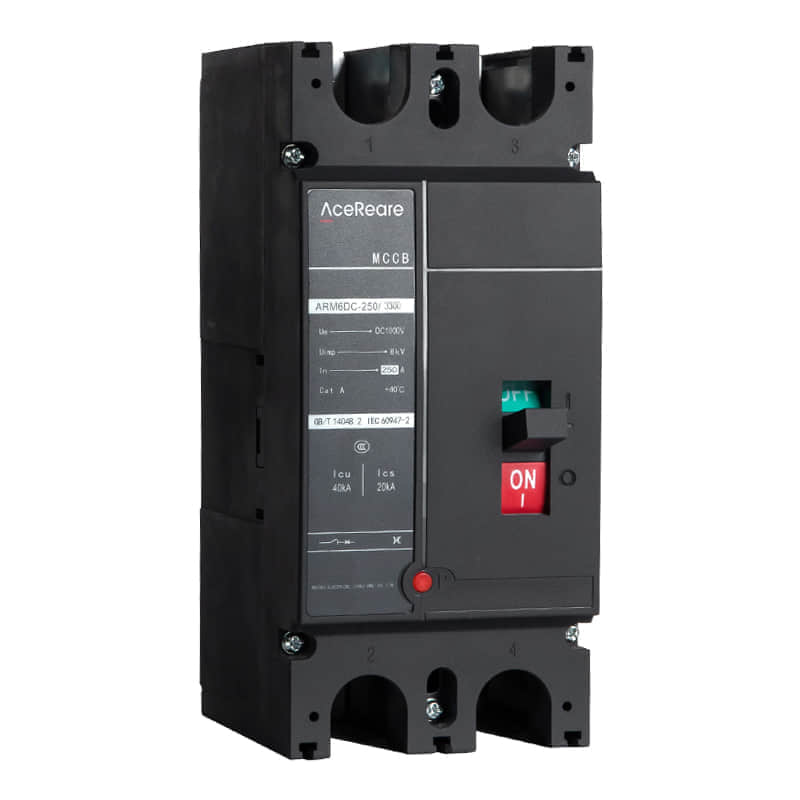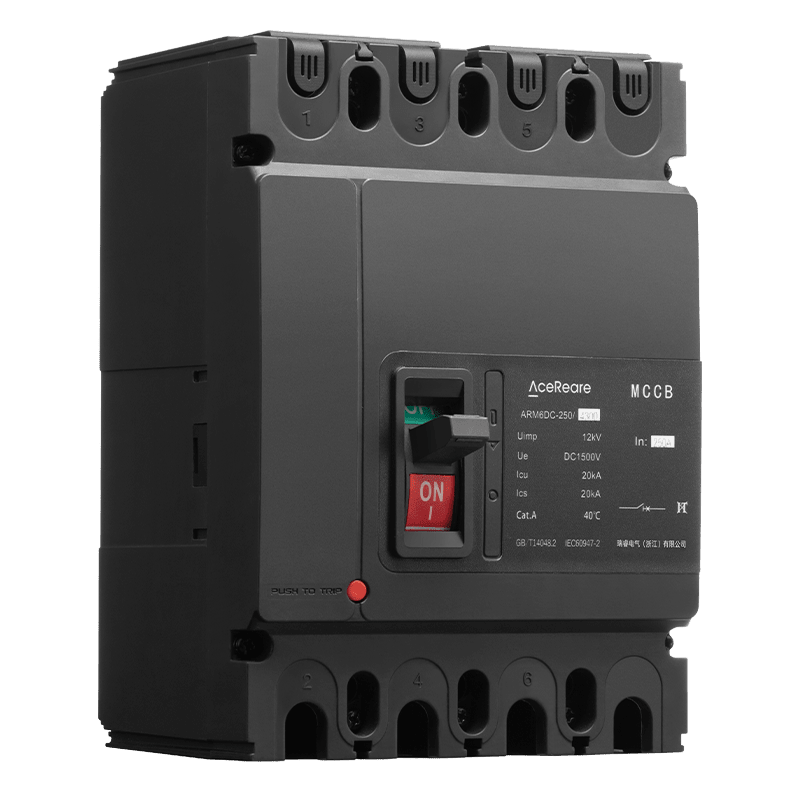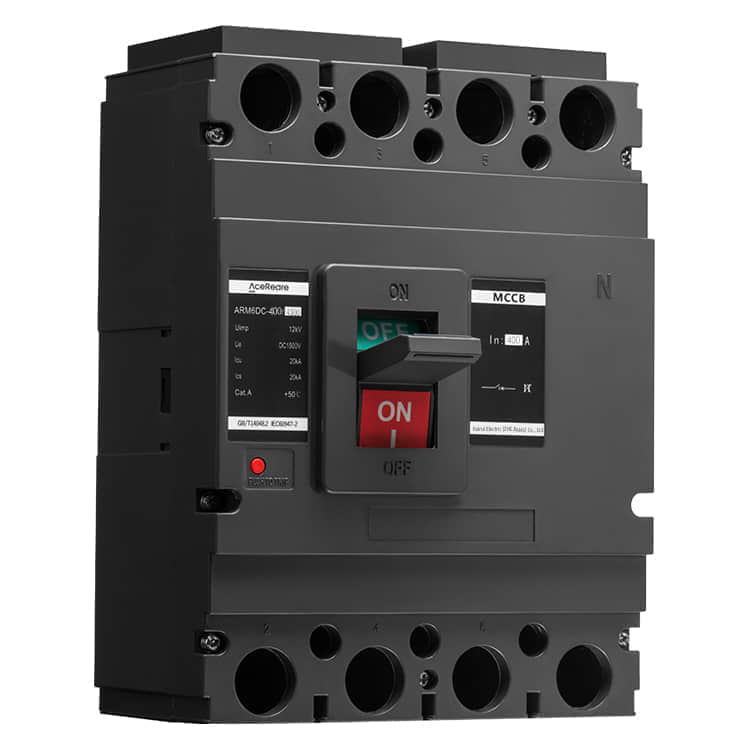In the rapidly evolving world of renewable energy, photovoltaic (PV) systems are playing a pivotal role in harnessing clean and sustainable power from the sun. These systems are becoming increasingly popular for residential, commercial, and industrial applications, offering numerous environmental and economic benefits. To ensure the safe and efficient operation of PV systems, Moulded Case Circuit Breakers (MCCBs) are emerging as crucial components. In this article, we will explore how MCCBs enhance the reliability and safety of PV installations.

1. Understanding MCCBs

MCCBs are electrical protection devices designed to safeguard electrical circuits and equipment from overcurrent, short circuits, and other electrical faults. They are commonly used in a wide range of applications, including PV systems, due to their ability to interrupt electrical currents when necessary, preventing damage to the system and ensuring safety. 2. Protection against Overcurrent One of the primary functions of MCCBs in PV systems is protecting against overcurrent conditions. Overcurrent can occur due to various reasons, such as a fault in the PV panels, wiring issues, or other system malfunctions. MCCBs continuously monitor the current passing through the circuit and can trip or disconnect the circuit if the current exceeds safe levels. This protection is critical in preventing fires and equipment damage. 3. Short Circuit Protection Short circuits are another common electrical fault in PV systems. They occur when there is a direct connection between two points with different electrical potentials, resulting in a rapid and excessive flow of current. MCCBs are designed to detect short circuits and quickly disconnect the circuit to prevent damage. This rapid response helps minimize downtime and system repairs. 4. Ground Fault Protection Ground faults can pose a significant risk in PV systems, as they can go unnoticed until they escalate into a more severe issue. MCCBs equipped with ground fault protection offer an additional layer of safety by detecting imbalances in the current between the live and ground conductors. When a ground fault is detected, the MCCB can trip to isolate the faulty section of the circuit, reducing the risk of electrical shock and fires. 5. Thermal Protection In addition to electrical faults, temperature-related issues can affect the performance and longevity of PV systems. MCCBs can provide thermal protection by monitoring the temperature of the conductors. If the temperature exceeds safe levels, the MCCB can trip to prevent overheating, which can lead to insulation damage and increased electrical resistance. 6. Remote Monitoring and Control Modern MCCBs often come equipped with advanced features, such as remote monitoring and control capabilities. This allows PV system operators to monitor the status of MCCBs remotely, receive real-time notifications of any faults or trips, and even reset the MCCB if necessary. Remote monitoring enhances system reliability and minimizes downtime. 7. Compliance and Safety Standards When installing PV systems, compliance with safety standards and regulations is essential. MCCBs designed for PV applications are often tested and certified to meet industry-specific standards, ensuring that they provide the necessary protection for solar installations. 8. Conclusion Moulded Case Circuit Breakers (MCCBs) are integral components in photovoltaic (PV) systems, offering crucial protection against overcurrent, short circuits, ground faults, and thermal issues. Their ability to detect and respond to electrical faults swiftly enhances the safety and reliability of PV installations. As the world continues its transition toward clean energy, MCCBs will remain essential in ensuring the sustainable and secure operation of PV systems. Proper selection, installation, and maintenance of MCCBs are vital steps in harnessing the full potential of solar energy while keeping safety at the forefront of renewable energy initiatives.
